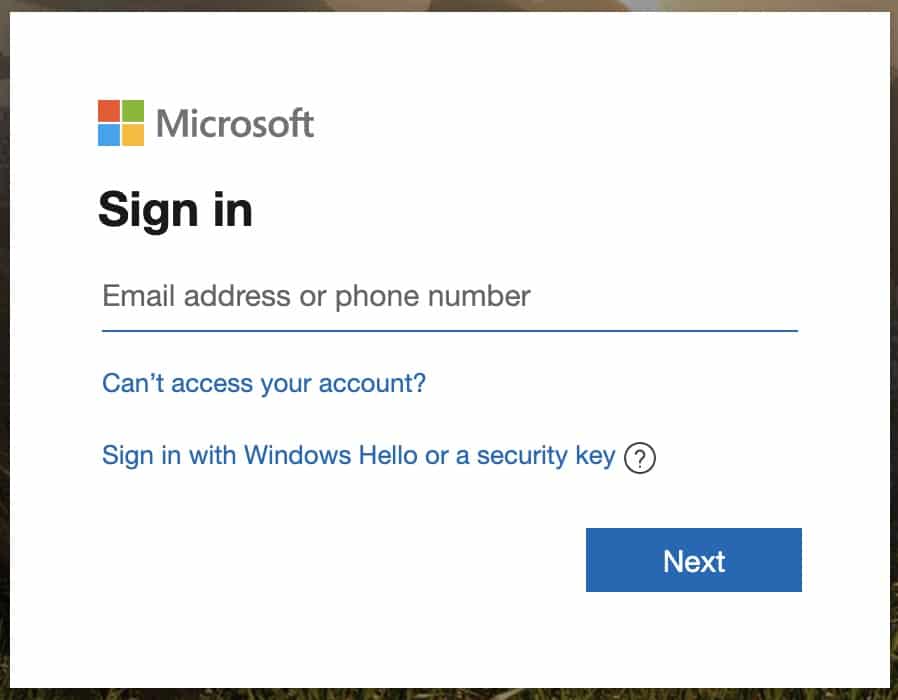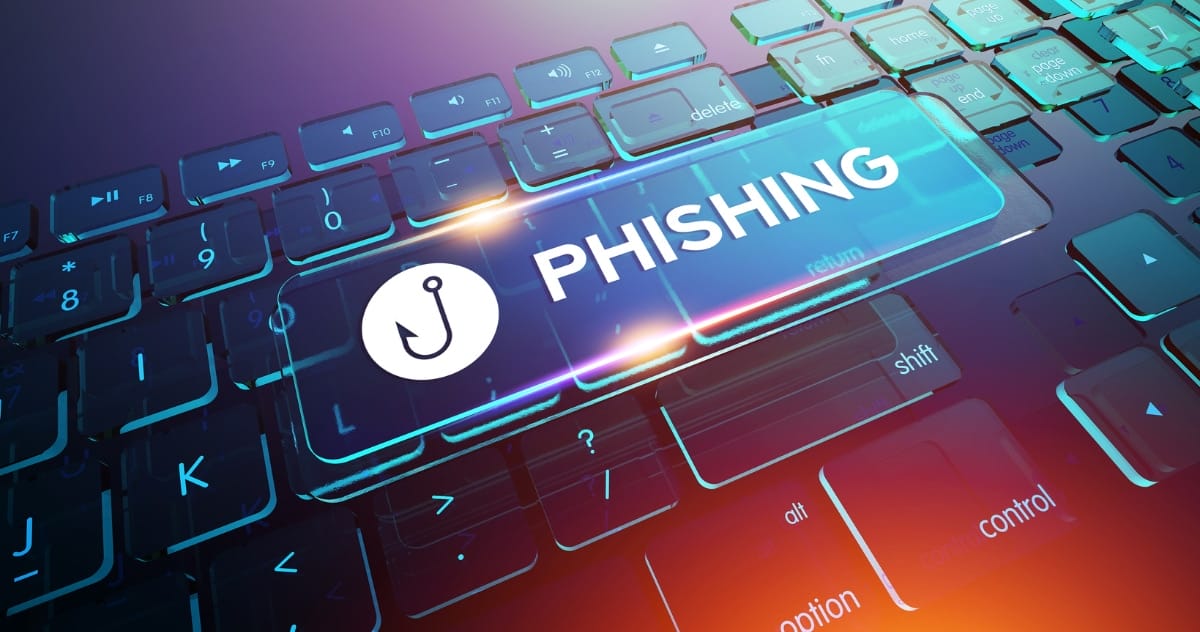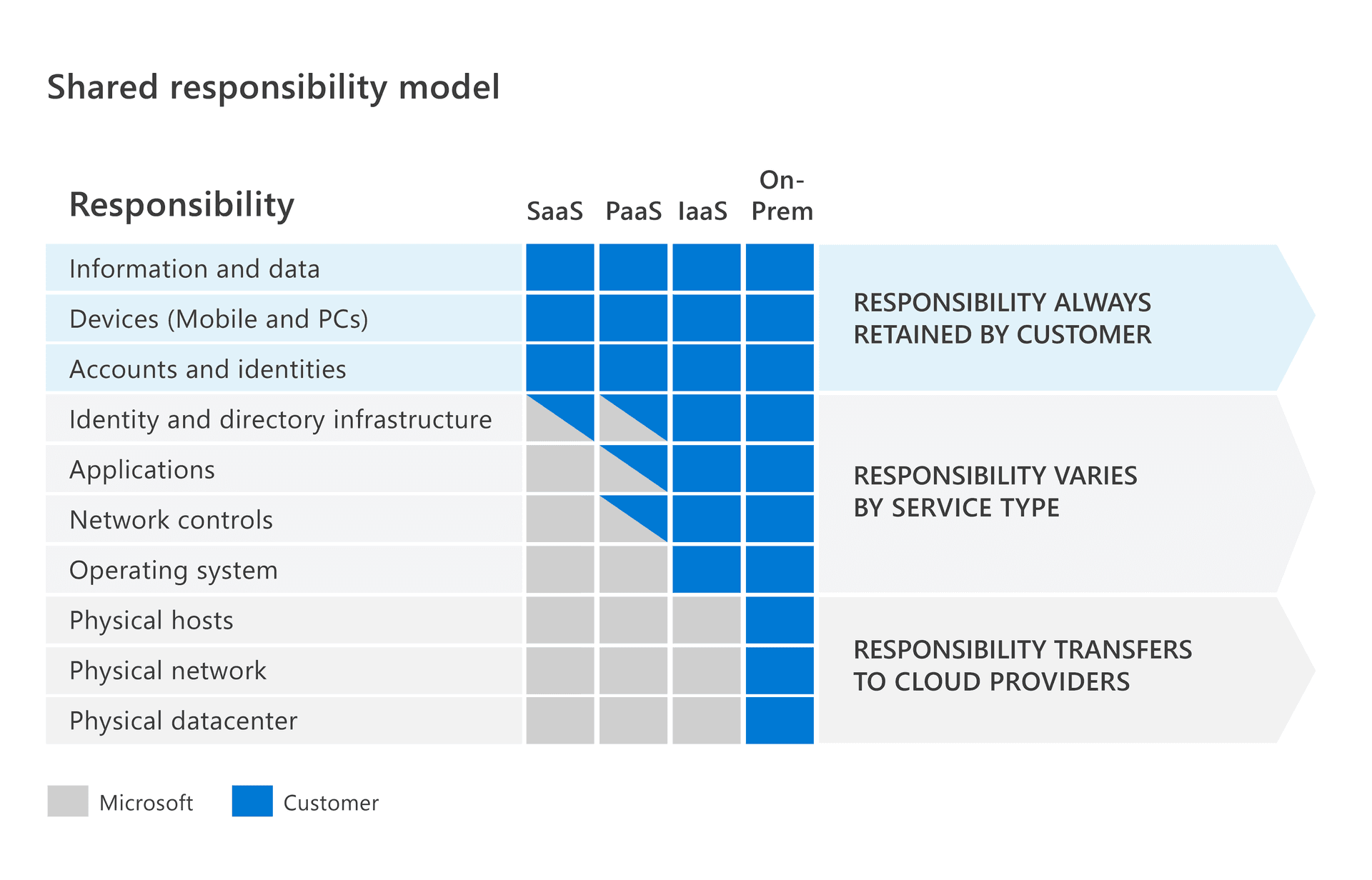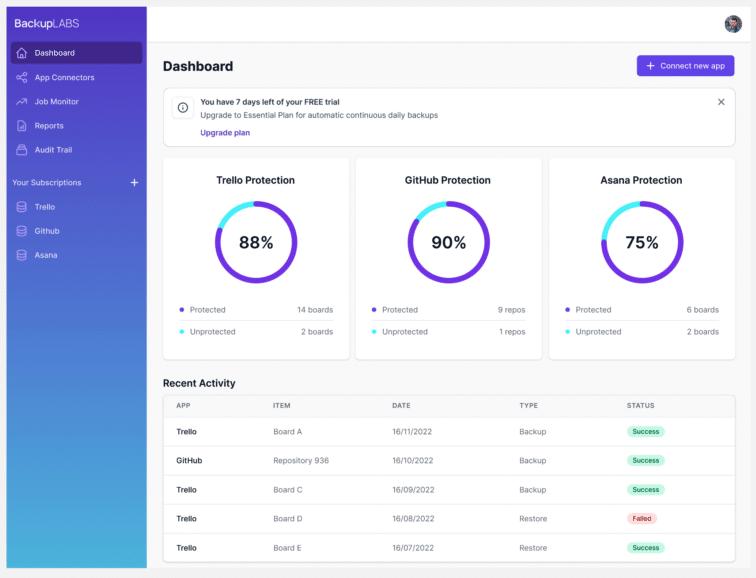As the use of cloud-based Software as a Service (SaaS) applications continue to rise, so does the risk of phishing attacks.
Phishing attacks targeting SaaS apps are often overlooked because these attacks are less widely discussed or publicised than other phishing scams.
The consequences of falling victim to SaaS phishing scams can be severe for your business, which is why understanding the hidden threat of these attacks is crucial.
In this blog, we’ll explore the potential risks and consequences of phishing attempts on SaaS apps living in the cloud.
We’ll also look at practical tips and solutions to help your company protect its data from these cyber attacks.
Before we delve into the details, let’s clarify what we mean when we talk about phishing.
What is phishing?
Phishing is an online scam where cybercriminals try to trick you into sharing sensitive information such as usernames, passwords, or credit card details. Phishing scammers usually target their victims through email, SMS, or social media.
The tricky part is that these phishing messages often appear to come from reputable sources like a bank, government agency, or well-known company.
But in reality, they’re fake and designed to deceive you into providing personal information. It’s essential to be cautious and double-check the authenticity of any electronic message before sharing your personal information.
Spear phishing attacks are another type of phishing where cybercriminals target you or your organisation specifically. Attackers do extensive research in order to offer personalised and convincing messages.
What does phishing mean in the SaaS industry?
In the SaaS industry, phishing refers to a type of cyber attack that targets users of cloud-based software services.
These phishing scams typically involve cybercriminals creating fake login pages that look identical to the real ones used by the targeted software services.
The attackers will then send your company malicious emails or messages urging you to log into your accounts and enter your login credentials on the fake page.

Once you enter your login credentials, it sends them to a database that the criminals control. They can then log in to your actual SaaS app (in this case, Microsoft 365) and take control of your account.
Phishing attacks targeting cloud SaaS apps for data backup and recovery
Many organisations rely on cloud-based backup solutions to store critical data and ensure business continuity in a disaster. However, data backups are often seen as a failsafe and are not given the same security as other systems or data storage systems.
Attackers are taking advantage of this lack of attention to target cloud SaaS apps for backup and recovery, which can have severe consequences for businesses.
If attackers gain access to sensitive data through a phishing attack, they can cause significant harm, from financial loss to reputational damage.
For example, in the case of a Microsoft 365 hack, cybercriminals will have access to your emails, OneDrive, and SharePoint data. If your company is targeted, hackers will have access to all your company data and can use it for future crimes.
In addition, if your business suffers a data breach, you may face fines from regulatory bodies such as the ICO.
Attackers can also use your email account to send fraudulent emails to your finance department requesting payment for fictitious invoices. If the attackers have your SaaS app credentials, they can lock you out of your own account, causing disruption to your business operations. By taking proactive steps to protect against these threats, your organisation can safeguard its sensitive data and ensure business continuity in case of a cyber attack.
Potential consequences of falling victim to phishing attacks
Falling victim to phishing scams can have serious consequences for your business. Here are some potential consequences of phishing campaigns:
1. Loss of data
As we know, phishing scams trick you into revealing sensitive information. If this information falls into the wrong hands, it can lead to data loss, which could harm your business. Hackers may use this data to steal money, access confidential information, or commit identity theft.
2. Business disruption
A successful phishing attack can also lead to a disruption in your business operations. If you or your employees fall for a phishing message or scam, you may unwittingly download malware onto company computers or reveal confidential information.
This can cause system downtime, lost productivity, and require IT staff to spend time and resources cleaning up the mess.
3. Damage to your reputation
If your business is hit by a high-profile phishing attack that results in data loss or a breach of confidential information, it can cause significant reputational damage. Customers may lose trust in the business, leading to declining sales and revenue.
4. Loss of money
Falling victim to a phishing attack can be costly. As mentioned above, your business may have to pay IT professionals to investigate and remediate the breach. You may also face regulatory fines or lawsuits if the breach involves sensitive customer data.
Practical tips for protecting SaaS cloud apps from phishing attacks
Here are some practical tips for protecting your SaaS cloud apps from phishing attacks. By implementing these tips, you can help keep your sensitive information secure.
1. Use multi-factor authentication (MFA)
MFA, or multi-factor authentication, is an extra layer of security that can be added to your SaaS cloud app. With MFA, users must provide an additional form of identification, such as a code, along with their login credentials. This added step makes it much more difficult for attackers to access your company account, even if they have obtained the login information.
2. Train employees to recognise a phishing attempt
Educate your employees on identifying phishing emails, such as those with suspicious links or requests for sensitive information. Ensure they know not to click malicious links or download attachments from unfamiliar senders.
3. Add email filters
Use phishing email filters to block emails that contain suspicious content, such as links to known phishing sites or fake websites with malicious URLs. It’s also recommended to regularly update your email filters to stay protected against the latest email scams and cyber threats.
4. Keep your software up-to-date
Regularly update your SaaS cloud app and related software to ensure you have the latest security patches and protections.
5. Monitor and review access logs
Keep an eye on your SaaS cloud app access logs to detect any unauthorised access attempts. Review logs regularly to ensure that only authorised users are accessing the app.
6. Use a Virtual Private Network (VPN)
A VPN encrypts all data between your device and the SaaS cloud app. This makes it harder for attackers to intercept and steal data.
It’s important to choose a reputable VPN provider with a strong security track record that does not log your online activities.
7. Conduct regular security audits
Regularly assess the security of your SaaS cloud app by conducting security audits or penetration testing. This can help you identify vulnerabilities and address them before they are exploited.
Discover BackupLABS!
SaaS apps have revolutionised the way businesses operate, but they come with their own set of security risks.
Phishing attacks are a constant threat that companies must be aware of, as they can compromise important data and cause severe financial and reputational damage.
One way to ensure your SaaS app data is always safe and recoverable is by using a reliable data backup solution like BackupLABS.
With BackupLABS, you can rest assured that your business-critical data is securely backed up and can be easily recovered in case of a breach or data loss event.
Don’t wait until it’s too late – visit BackupLABS today to learn more and get started.



